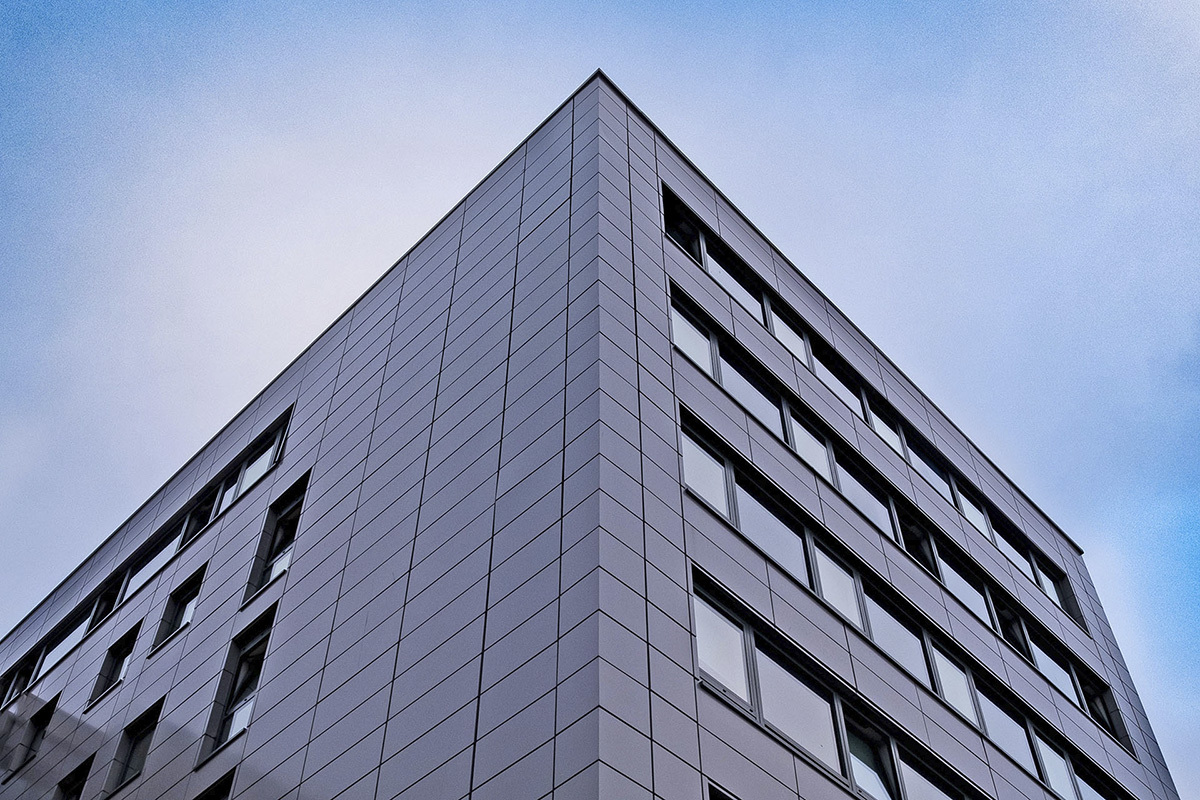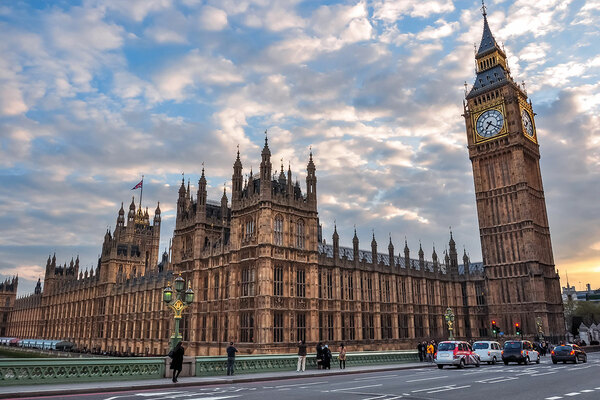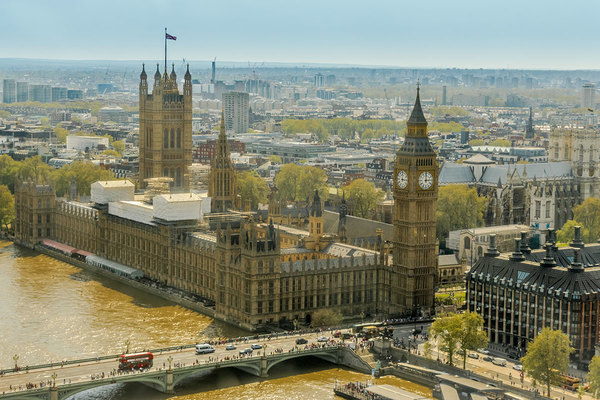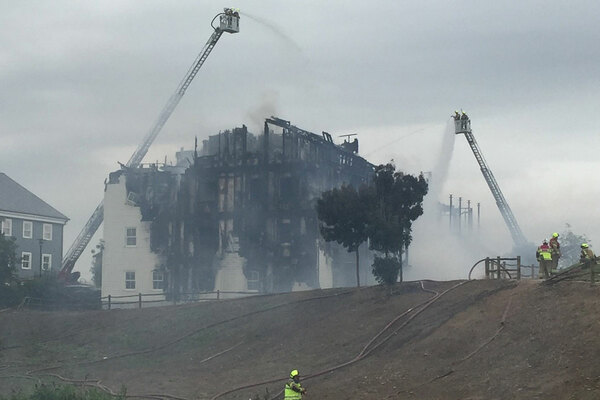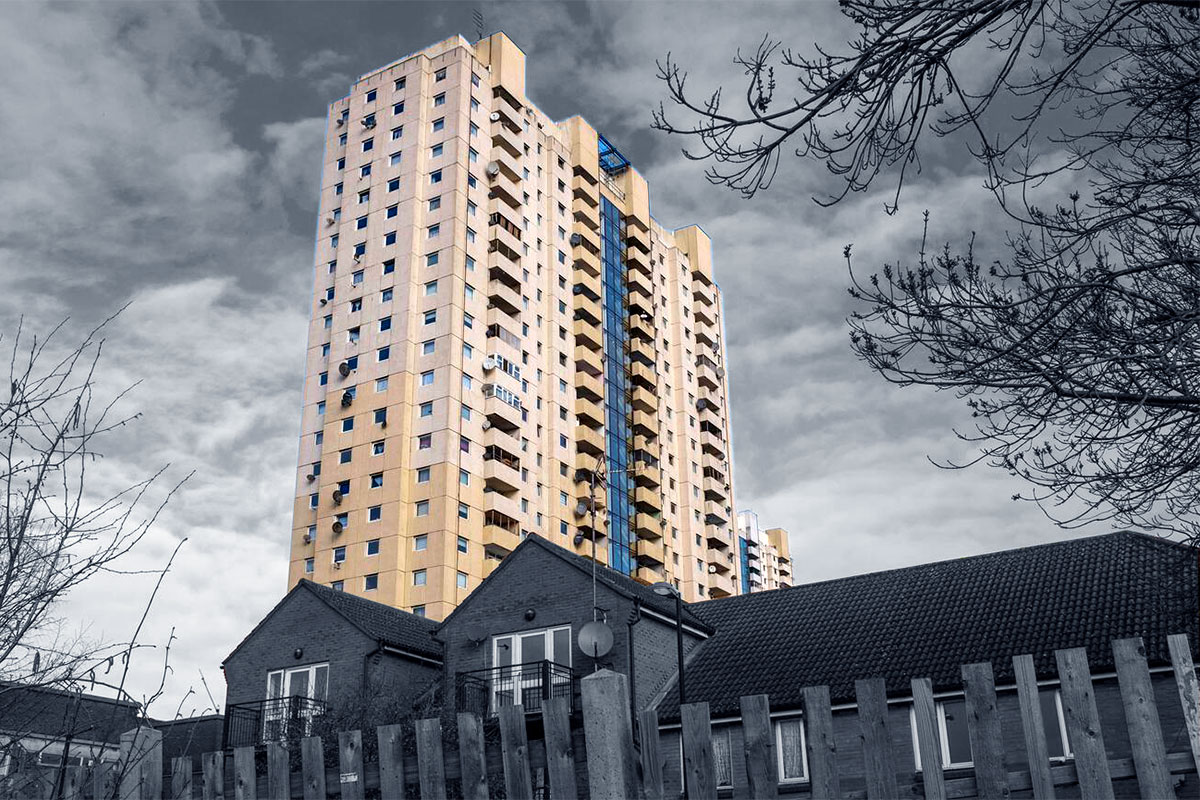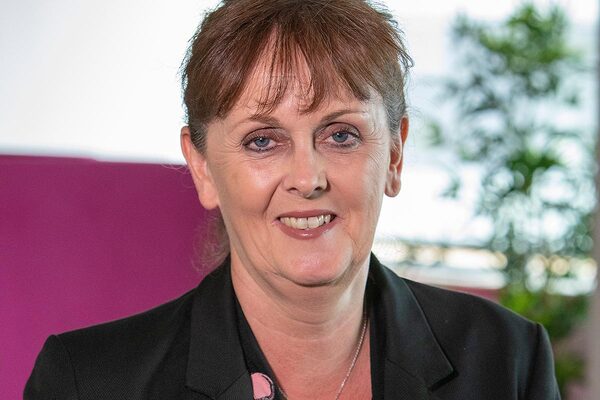You are viewing 1 of your 1 free articles
Property funds claim plans to protect leaseholders from cladding costs infringe their human rights
Giant property investment funds have claimed that their human rights are being infringed by government plans to protect residents of their blocks from picking up huge bills to fix fire safety defects, as they lobby against proposed changes to legislation.
In a letter sent last week and seen by Inside Housing, representatives of freeholders owning hundreds of thousands of properties around the country told the government that the plans were “unfair, illegal and likely to have an extremely damaging impact” on their businesses.
The letter said they had instructed legal counsel and solicitors to consider the implications of the proposals, and their “provisional view” is that they would breach Article One of the European Convention on Human Rights (ECHR) – which protects private property.
Mr Gove has set out amendments to the Building Safety Bill that would prevent freeholders from passing on the costs of remediating dangerous cladding to residents and cap the costs that could be recovered for other works.
This would effectively rewrite lease agreements between the leaseholders and their building owners, which had made the residents responsible for the costs. These costs can reach well over £100,000 each.
In a statement to Inside Housing, a spokesperson for the organisations which sent the letter said they agreed that leaseholders should not be paying but felt the latest proposals would slow down remediation efforts.
Campaigners for residents meanwhile said it was “absurd” that organisations which had “profiteered” from leaseholders were “now demanding that the government respects their human rights”.
Mr Gove’s planned legislation follows years of warnings from the government that it would “rule nothing out” if building owners declined to “do the right thing” and protect their leaseholders from costs.
While developers, who are also being targeted for remediation funding, have engaged in a public exchange of letters with the secretary of state, property owners have elected to lobby behind the scenes.
The letter, signed by senior figures from property managers HomeGround and Estates & Management (E&M) “for and on behalf of” their property-owning clients, said: “The introduction of these amendments… was entirely unexpected by the industry. They were announced out of the blue… and adopted with minimal parliamentary scrutiny.
“Our analysis of the effect of the proposals is, necessarily, still at an early stage. We have instructed leading counsel and external solicitors to advise on the legal implications. Our provisional view is that it is difficult to see how the measures could be compatible with Article 1 of the First Protocol of the ECHR.”
HomeGround represents major UK funds that invest in residential property, including the vast Adriatic Land chain of companies, which has numerous blocks with fire safety issues.
The investment funds purchase the freehold of blocks of flats to gain the income from ‘ground rents’ and other fees paid by residents, who purchase long leases on the individual flats.
The conditions of typical leases make the residents responsible for the costs of maintaining the building, with the freeholder recovering these sums through service charges.
Since the Grenfell Tower fire, dangerous cladding systems and other major fire safety defects have been discovered in thousands of blocks, with leaseholders facing life-changing bills for the remediation work as a result.
The new legislation would ban freeholders from recovering these costs through the service charge. The new system would instead see freeholders expected to pay costs where they were able to do so, even if they are not connected to the original developer of the block.
They would have powers to pursue responsible parties for the cost of the remediation work – including contractors, developers and the manufacturers of cladding products.
The letter called the measures “entirely unprincipled, unjust and unworkable”.
It said: “It would deprive building owners of their rights and impose potentially huge liabilities on them for no other reason than their perceived ability to pay.
“That is an arbitrary and disproportionate appropriation of their assets.”
It is understood that any eventual legal battle over the compliance of the legislation with human rights law would turn on how ‘proportionate’ the government’s measures were seen as being, and whether they were in the public interest.
The letter said that freeholders were “committed to the principle” that leaseholders should not be held liable for fire safety costs but claimed that “the financial interests of building owners in a building will be very small compared to leaseholders”.
The proposed legislation is currently set to go through report stage in the House of Lords, with further government amendments set to be introduced next week.
A spokesperson for Homeground said: “We have always been clear that leaseholders should not be paying to remediate problems that they have not caused. Our view on that has not changed but we do have concerns about the current amendments.
“We think the ‘Polluter Pays’ principle is one that the government should be pursuing. That has support from a number of members of the Housing of Lords, but the government does not appear to be following it.
“An important principle for us is that it should be safety first - we believe the buildings should be fixed as a first priority and then liability should be pursued later. The government’s proposed approach will slow down the remediation of buildings.
“This is also a view endorsed by the Levelling Up, Housing and Communities Select Committee that ultimately the government should be funding the solution as quickly as possible.”
Asked whether the firms would bring a legal challenge if the government pushes ahead with the proposal the spokesperson said it would be “inappropriate to discuss legal matters” but added that the “ball is very much in the government’s court”.
Giles Grover, a spokesperson for the End Our Cladding Scandal campaign, said: “It is absurd that these institutional freeholders, who have profiteered from riding roughshod over homeowners for many years, are now demanding that the government respects their human rights.
“The powerful developers and freeholders will continue to use their vast resources to play every trick in the book and ensure innocent leaseholders will still be forced to pay to fix issues we played no part in creating in buildings we do not own.
“Meanwhile, as these games with our safety and our lives are played, the ordinary people Mr Gove said he wants to protect are left trapped with still no end in sight to our misery.”
Sign up for our fire safety newsletter
Already have an account? Click here to manage your newsletters
